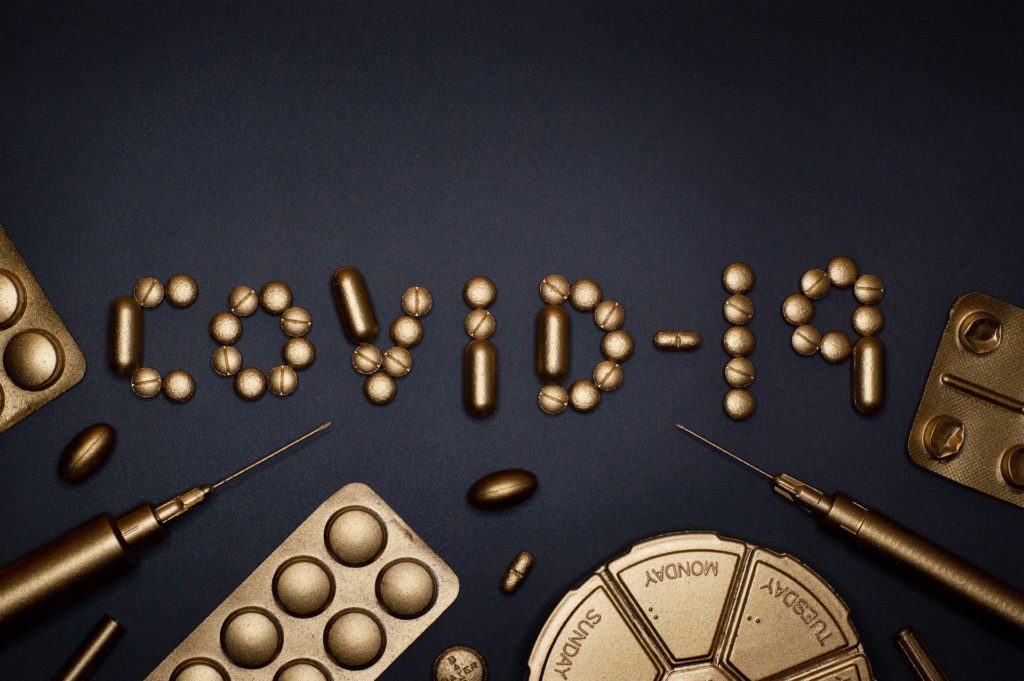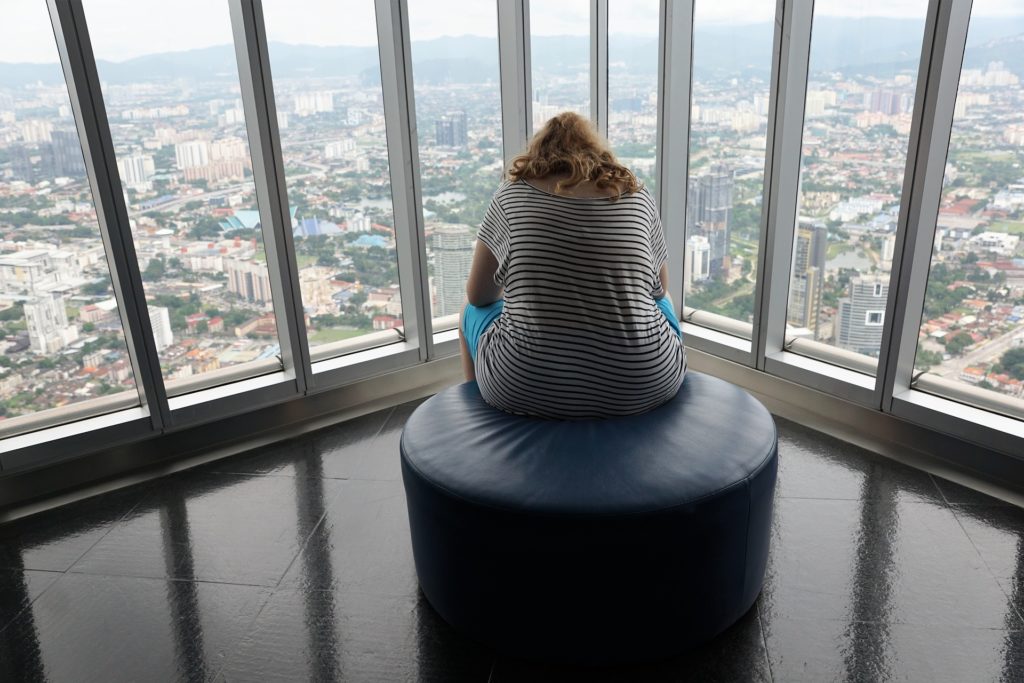
The COVID-19 health crisis has been extremely stressful for everyone. The American people have been through a lot in the last year. Millions of people were unable to work, hundreds of thousands of people died, and individuals were sheltering-in-place at home.
The American Psychological Association predicted that after the threat of the virus passes, the mental effects of the pandemic would linger [1]. Chronic stress is known to lead to physical and mental health issues, and research shows that pandemic-related stress is negatively impacting Americans [1].
67% of Americans say that their sleep has changed since the COVID-19 pandemic started. Whether someone is sleeping more or less than normal, sleep changes are signs of worsening mental health. In fact, sleep difficulty or sleeping more or less than normal can be a sign of depression or anxiety [2].
Substance Use Rising During COVID-19 Pandemic
These aren’t the only mental health conditions that are increasing. Substance abuse disorders are also increasing [2]. 13% of Americans say that they either started using substances or they increased the amount they were using to deal with the stress [2].
In fact, about 23% of Americans are reporting that they are drinking more alcohol than they were before the health crisis [1]. Opioid and stimulant misuse is also rising [2]. It’s important to understand that while these behaviors make sense, it doesn’t make them healthy.
While there have been improvements given the increased availability of vaccines, Americans are still under considerable stress. The American Psychological Association explains that the increase in unhealthy behaviors maybe because people aren’t able to cope in the ways that they used to [2].
Before the COVID-19 pandemic, individuals may have relied on exercise or social interactions to help relieve stress. This has become unsafe or inaccessible for some people. It’s hard to have to change the way you cope when Americans are being forced to deal with so many other changes.
Ways to Cope
It’s important to find ways to take care of yourself during this time. While drinking more or substance use may feel good at the moment, finding coping skills that aren’t harmful is crucial. If you have been coping in harmful ways, give yourself some compassion. This has been an extremely difficult time that no one was prepared to go through.
Finding other ways to cope during the COVID-19 pandemic can help you get back on track. Here are some coping skill suggestions:
- Telemedicine: It may be difficult to find the motivation to want to follow through with appointments right now, but it’s still important. Whether you need to see your doctor, psychiatrist, or therapist, telemedicine makes these services accessible during this time. Many programs now offer online treatment, too. It can be an adjustment, but once you and your provider/team get into the swing of things, it can be effective [2].

- Mindfulness: Meditation is a great way to relieve stress [3]. There are a lot of different ways to start a mindfulness practice. There are great guided meditations on YouTube, apps, or articles online. Mindfulness is a free and easy way to practice self-care.
- Eat Balanced Meals Regularly: Stress can sometimes cause changes in appetite [3]. Whether you have lost your appetite or you find yourself eating more, it’s important to eat balanced meals. Making sure that your body is nourished regularly is key to managing stress. Without consistent fuel, it’s going to be harder to have the energy and resources to take care of yourself.
- Connect with Others: Even though social distancing is crucial for maintaining safety, there are still ways to connect. Whether it’s through social media, texting, phone calls, or video chats, you can still connect with your loved ones. Connecting with other people can give you space to talk about how you are feeling and can make you feel less alone. Many organizations are offering virtual gatherings right now. We all need a connection, and it’s still accessible during this time.
Remember to practice self-compassion if you find yourself engaging in unhealthy coping skills. The pandemic has truly been an unprecedented time that no one was prepared to navigate. Take things moment by moment and try to just do the next best thing for yourself. That’s all you can expect yourself to do and that alone is enough.
Resources:
[1] American Psychological Association. (2021, March 11). One year later, a new wave of pandemic health concerns. https://www.apa.org/news/press/releases/stress/2021/one-year-pandemic-stress
[2] Abramson, A. (2021, March 1). Substance use during the pandemic. American Psychological Association. https://www.apa.org/monitor/2021/03/substance-use-pandemic
[3] Centers for Disease Control and Prevention. (2021, January 22). Coping with stress. https://www.cdc.gov/coronavirus/2019-ncov/daily-life-coping/managing-stress-anxiety.html
About the Author:
 Samantha Bothwell, LMFT, is a licensed Marriage and Family Therapist, writer, explorer, and lipstick aficionado. She became a therapist after doing her own healing work so she could become whole after spending many years living with her mind and body disconnected. She has focused her clinical work to support the healing process of survivors of sexual violence and eating disorders. She is passionate about guiding people in their return to their truest Self so they can live their most authentic, peaceful life.
Samantha Bothwell, LMFT, is a licensed Marriage and Family Therapist, writer, explorer, and lipstick aficionado. She became a therapist after doing her own healing work so she could become whole after spending many years living with her mind and body disconnected. She has focused her clinical work to support the healing process of survivors of sexual violence and eating disorders. She is passionate about guiding people in their return to their truest Self so they can live their most authentic, peaceful life.
The opinions and views of our guest contributors are shared to provide a broad perspective of addictions. These are not necessarily the views of Addiction Hope, but an effort to offer a discussion of various issues by different concerned individuals.
We at Addiction Hope understand that addictions result from multiple physical, emotional, environmental, and genetic factors. If you or a loved one are suffering from an addiction, please know that there is hope for you, and seek immediate professional help.
Published on April 8, 2021
Reviewed by Jacquelyn Ekern, MS, LPC on April 8, 2021
Published on AddictionHope.com
